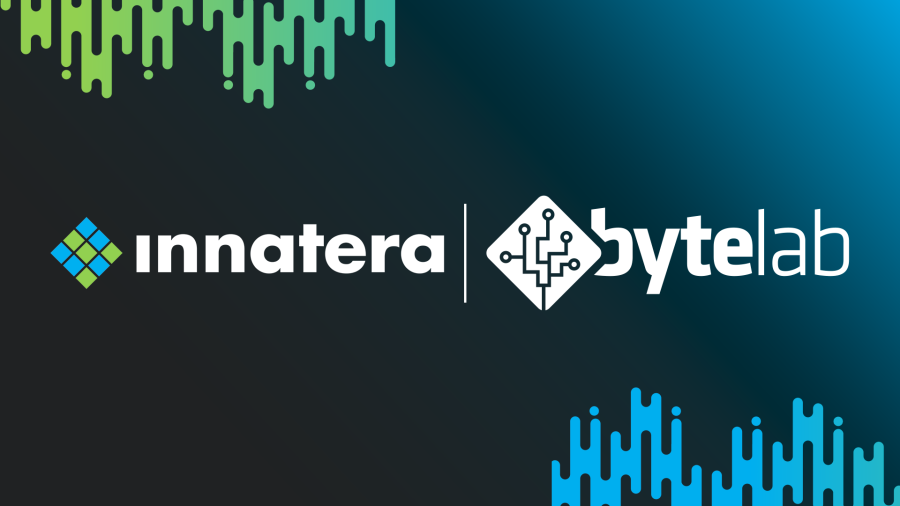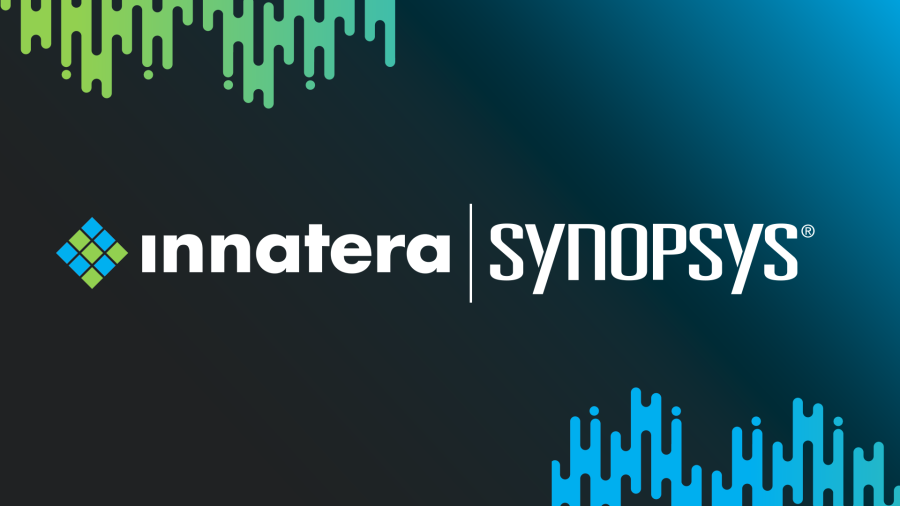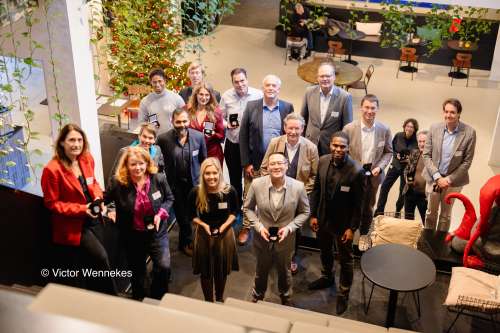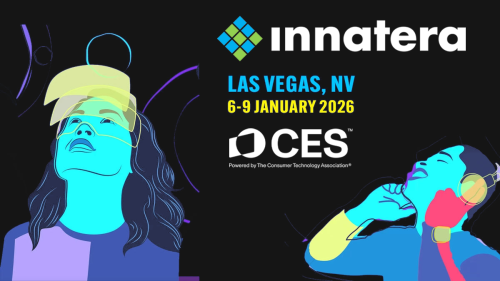Meet us at Las Vegas, Nevada to see exciting demos of the Spiking Neural Processor!

Combining brain-like processing with production-ready electronics design to accelerate real-world deployments

Innatera adopts Synopsys simulation technology to help design neuromorphic chips that enable low-power AI for wearables, smart home devices, and digital twin industrial sensors

Embedded World 2026 | Nuremberg | March 10–12 | Booth 4A-628


Recognizing contributions to neuromorphic computing for key societal and technological transitions.

Accelerated path to deployment: Pulsar now powering real devices from IoT partners, and debuting early ODM engagements